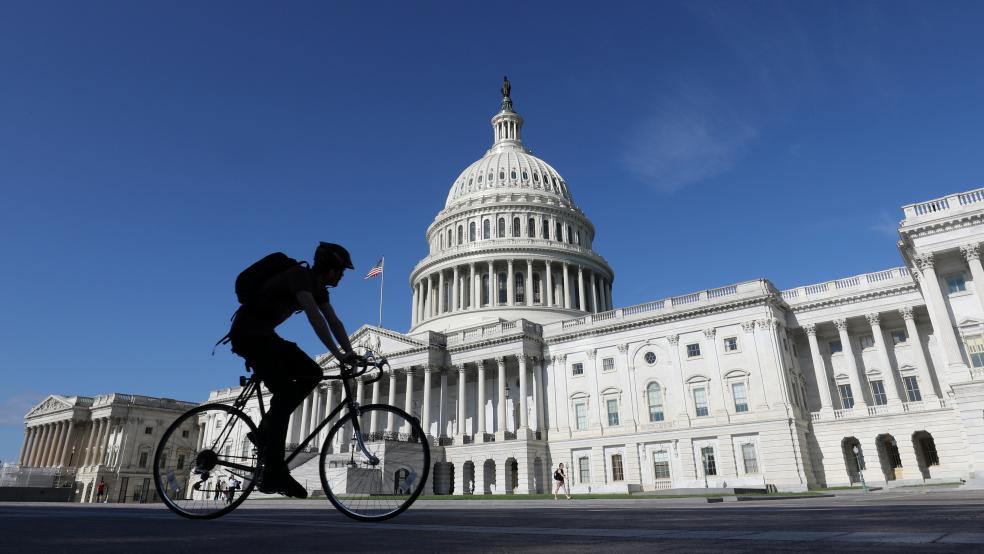The deadline for passing a continuing resolution that would prevent the government from shutting down at the end of the month is approaching fast. Including today, the House is in session for just seven days before October 1, increasing the pressure to move quickly on the bill, which would maintain government funding at current levels.
As we told you last week, Democrats want the funding bill to last until December 16 or thereabouts, a timeline that could be problematic for some Republicans. They reportedly also want to include several other measures in the legislative package, including electoral vote reforms, reauthorization for an FDA user fee program, changes to the way energy projects receive permits and more money for Covid preparedness, monkeypox and Ukraine aid.
Senate Majority Leader Chuck Schumer (D-NY) confirmed over the weekend that he wants more money for Ukraine, a stance that seems likely to win bipartisan support — while bringing the total for U.S. aid to the eastern European country to more than $60 billion. “Ukraine has made significant advances against Russia in the war, the vicious war that Putin has waged against the Ukrainian people,” Schumer said, referring to Russian president Vladimir Putin. “I will be pushing for at least $12 billion in aid for Ukraine in the budget so they can continue to win the war effort.”
Other parts of the package are proving to be less popular, not least the rule changes for energy project permitting. That measure is being considered because of an agreement between Democratic leadership and Sen. Joe Manchin (D-WV) to include it in the continuing resolution, as part of the effort to win the senator’s support for the Inflation Reduction Act. Manchin has long sought permitting reform in the energy sector, which is connected to his support for a gas pipeline project that would travel through his home state, as well as his support for the fossil fuel industry generally.
But lawmakers say the details of the agreement have been kept under wraps, making it hard for the measure to win support. “We don’t know what it is,” Sen. Shelley Moore Capito (R-WV) told The Hill. “They haven’t released the text, they don’t give us the detailed explanation. So, I don’t know how you could ask people to vote for something they don’t know what it is.”
Manchin said last week that he expects the text of the measure to be released at the same time as the continuing resolution, leaving little time for lawmakers to review the details. Capito, who has offered an alternative proposal for permitting reform, said the delay could be a bad sign. “There’s a reason they’re keeping it secret: It’s either still being negotiated or it’s so weak it has no meaning or it’s too strong for other people,” she told The Hill.
Sen. Richard Shelby of Alabama, the senior Republican on the Senate Appropriations Committee, said he wasn’t sure whether the permitting reforms would make it into the final package. “Republicans and a lot of Democrats [are] against it,” he said. “So, I don’t know where it goes yet.”
The bottom line: Lawmakers still have time to come to an agreement that would prevent the government from shutting down — and no one wants to see the lights go out so close to the midterm elections. So whatever form it takes, expect to see action on the continuing resolution in the next few days, with Schumer deciding whether to include the permitting measure or drop it in the face of opposition from both Republicans and liberal Democrats.
“If permitting reform is dropped, there’s an outside chance that the [continuing resolution] could be approved this week,” says Punchbowl’s John Bresnahan. “It’s pretty unlikely, but there’s a chance. Lawmakers in both chambers want to go home for the election.”




